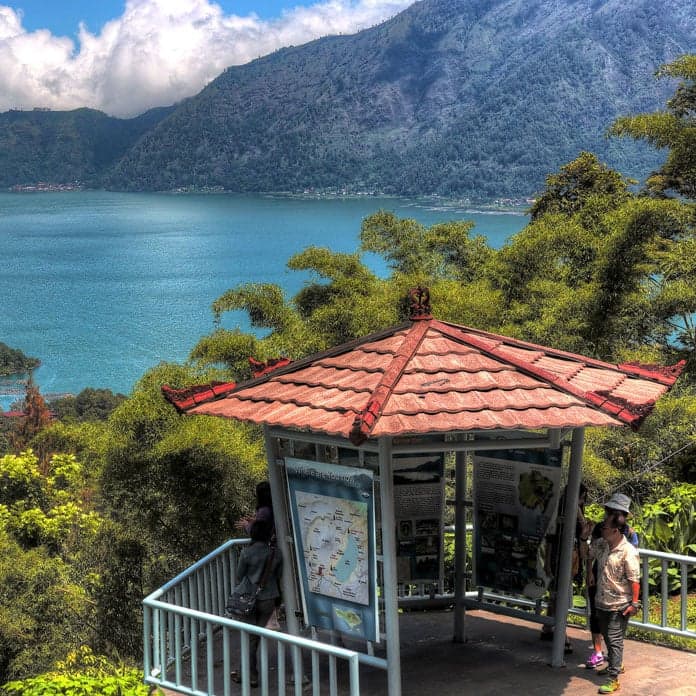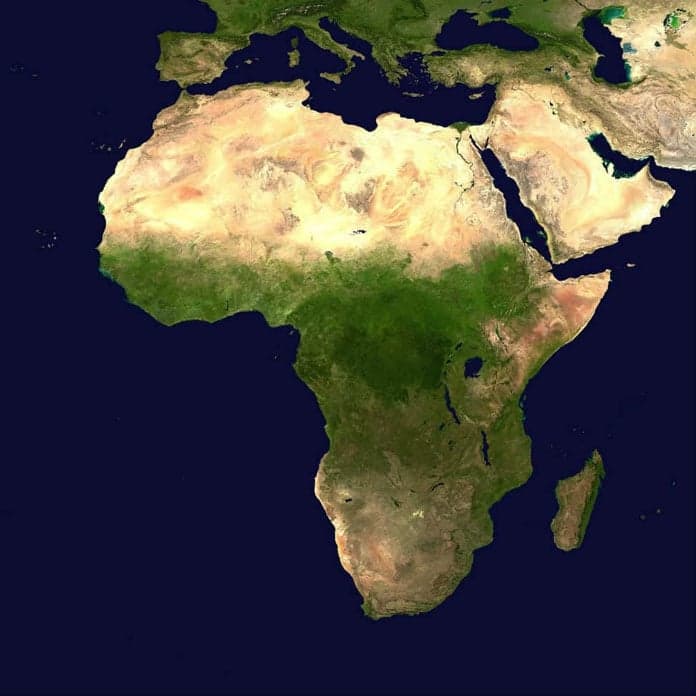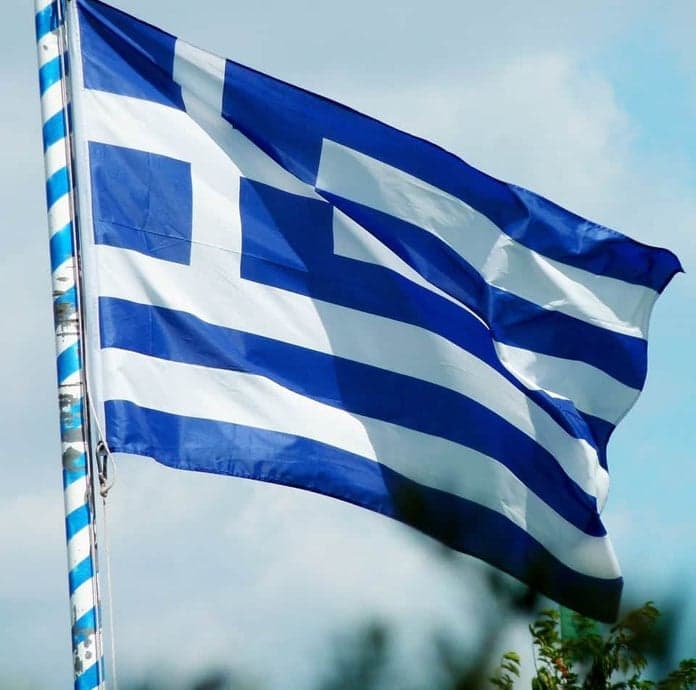Indonesia is a country where over 50% of the population is under the age of 30. It is a country where the GDP has maintained an annual growth rate of 5% - despite “regulatory slowdowns” that many on the ground here believe could add 2-3% to that figure. And it is a country where hiring an immigration services facilitator to obtain an entry visa and clear customs is advisable, lest the traveler incur their own “regulatory slowdown.”
globalEDGE Blog - Page 106
Publish Date:
The word refugees has been thrown around quite often recently due to the several ongoing situations across the world. There is no doubt that the impact of the inflow of refugees into a country is very controversial. They have been welcomed by some and rejected by some. Some look toward the benefits and some look at the disadvantages of allowing in refugees.
Publish Date:
In recent years, the demand of expatriates has shifted from Westerners to expats from Asia. Many corporations in the West would send their employees to different countries for a short period of time to gain experience and transfer knowledge to their companies. However, companies in Asia are drawing attention due to their global economic success, resulting in an Eastern shift for expats.
Publish Date:
The 2015 Joint Comprehensive Plan of Action (JCPOA), known as the Iran nuclear deal, was a global agreement that curtailed multinational sanctions on Iran with the promise that Iran would cut back on its uranium enrichment. Several nations have doubted Iran's full commitment to the deal, especially with news of the recent missile test; nonetheless, the JCPOA has held firm thus far. Helped by the sanctions relief, Iran has now taken a large step in revitalizing its position within the global marketplace. The country has started building 12 new oil refineries, hoping to increase its overall output to at least 4 billion barrels a day by the end of March. Unaffected by the OPEC supply cuts negotiated last November, Iran hopes to massively expand its lagging energy industry, a sector that was particularly hit hard by pre-deal sanctions.
Publish Date:
On Thursday, United Kingdom consumer goods company Reckitt Benckiser placed a bid on Asian firm Mead Johnson for $16.7 billion. Mead Johnson is well known for producing various consumer products, including baby formula, a product with sales of $41 billion in 2014. Asia is currently the fastest-growing market for this product due to the repeal of China’s one-child policy in 2015. Couples can now have two children, after only one was permitted throughout the 36 year long rule. As a result, the birth rate last year was China’s highest in the past century, with the number of newborns rising by 7.9%, or 17.86 million.
Publish Date:
A year ago, the mood in Singapore, if not quite jubilant, was highly optimistic. There was palpable energy around both the Trans Pacific Partnership (TPP) and the ASEAN Economic Community (AEC). The mood today is marked by uncertainty.
Publish Date:
In the United States this weekend, the country’s biggest event on television, the National Football League’s Super Bowl, will take place. The Super Bowl has become known not only for the play on the field, but also for the advertisements that accompany the television broadcast. For just 30 seconds of air time, a company must pay $5 million for their advertisement, an incredible price that is justified by the huge television audience and the Super Bowl’s unique focus on commercials. In today’s blog post, we will take a look at how and through what channels companies try to engage the general population.
Publish Date:
On Monday, January 30th, Morocco was readmitted as a member state of the African Union (AU) following a summit at the AU’s headquarters in Addis Ababa, Ethiopia. Morocco had previously withdrew from the AU’s predecessor, the Organization for African Unity, in 1984 in protest of the organization's decision to allow the Sahrawi Arab Democratic Republic (SADR) membership. Morocco and the SADR, which is not officially recognized by the UN, have been in conflict over the Western Sahara region since 1975 when Spain withdrew its colonial power. Morocco’s readmittance will likely have significant geopolitical ramifications in the coming years. However, placing the politics to the side, Morocco joining the AU will also have significant economic effects.
Publish Date:
Greece has been in a state of economic uncertainty and crippling levels of debt since the 2008 financial crisis. Recently though, it’s been estimated that the debt levels will skyrocket and result in Greece owing nearly triple its annual output. Save for any substantial debt relief, the IMF estimates an EU-headed aid program of 86 billion euros will be needed to temporarily keep Greece afloat.
Publish Date:
The Danish firm Novo Nordisk confirmed on Monday, January 30th its investment of 144.5 million dollars to employ about 100 academics and scientists to perform research and treatments for type 2 diabetes. This investment has helped raise the economic standard of the UK which has been on a decline since the announcement of the Brexit. The research will occur in Oxford, but any new treatments are likely to be developed and produced in Denmark. This will help both countries economically, and boost confidence for further investments.












